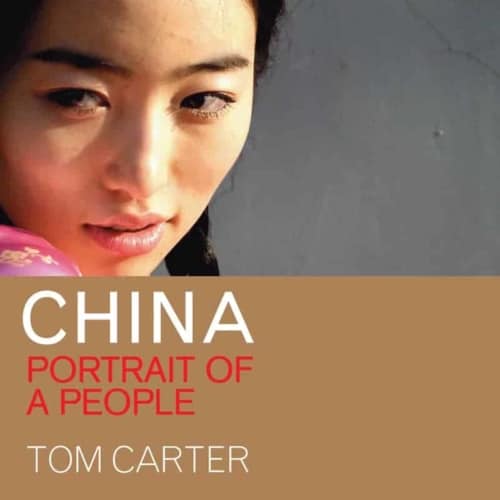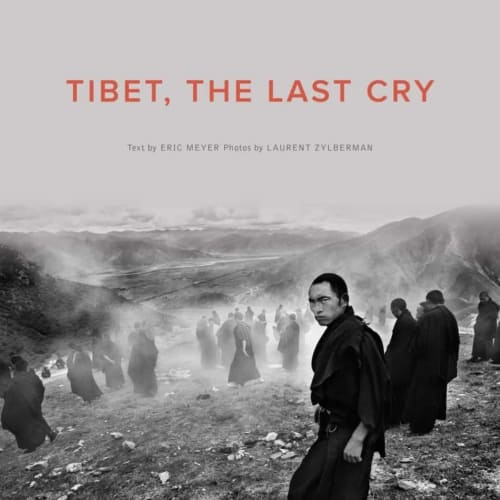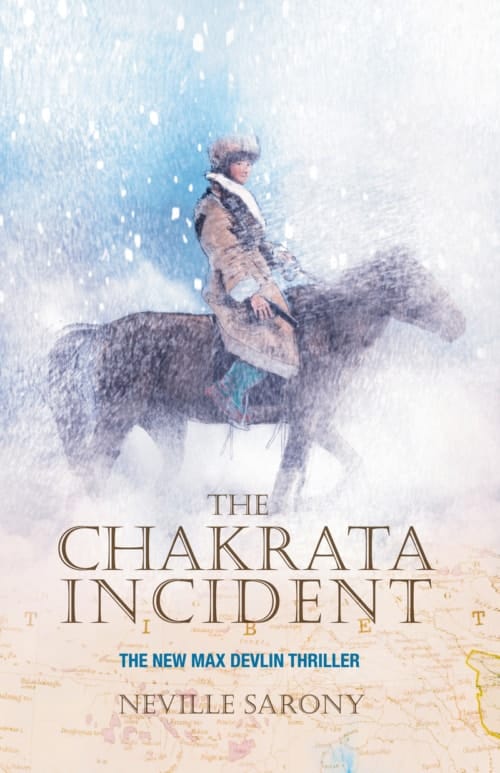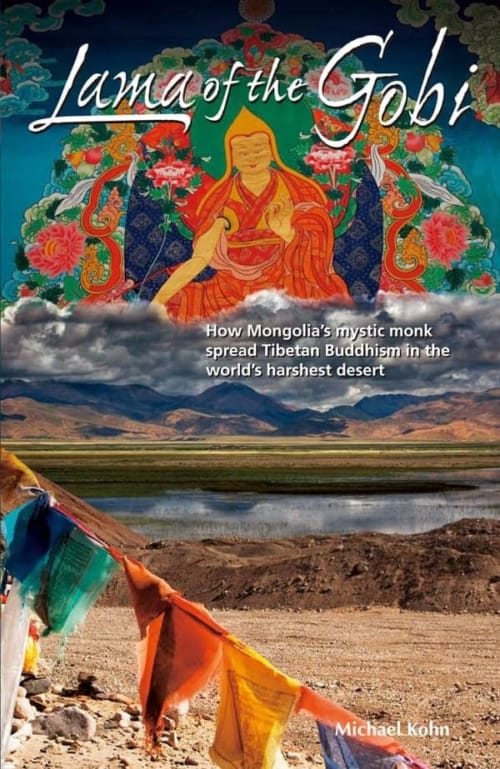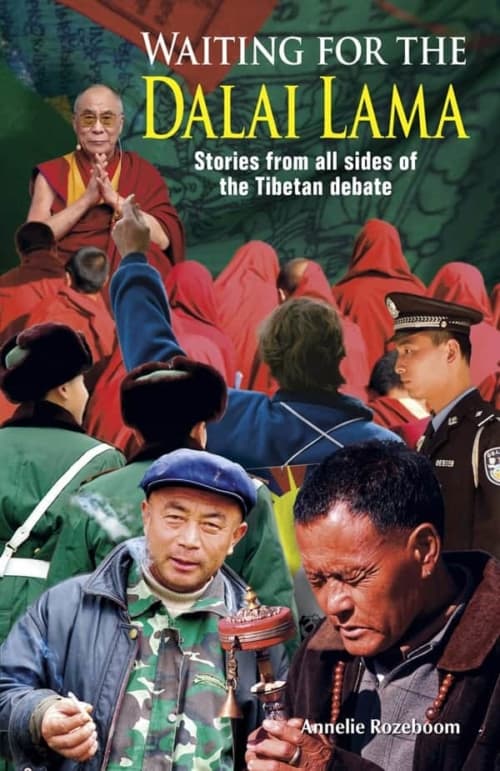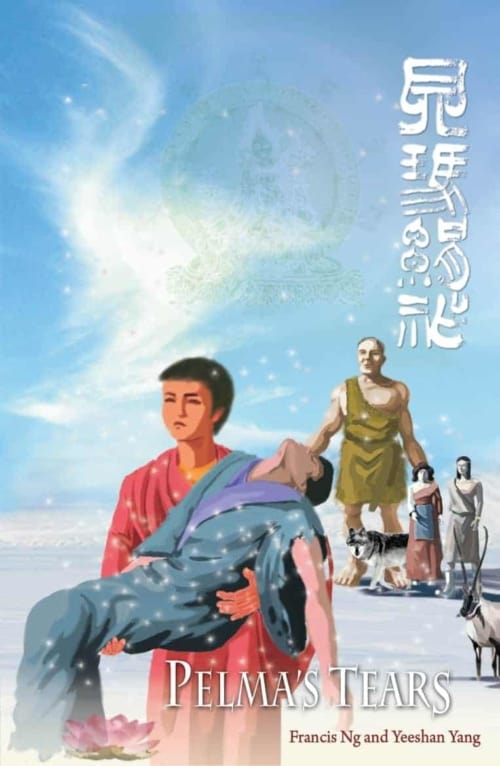Major Max Devlin, poised for a commanding post in the Royal Gurkha Rifles, is seconded to the SIS for a joint assignment with the CIA at Chakrata, the headquarters of India’s All-Tibetan Special Frontier Force, aka the 22s.
Together with his American counterpart, Devlin is tasked with training and preparing a newly formed elite unit of the 22s for covert cross-border ops inside Tibet, as part of a tripartite project funded by the US to monitor China’s ever-expanding presence in the disputed areas. What begins as a welcome escape for the desk-bound Gurkha officer at the Ministry of Defence quickly becomes deadly toxic – and politically explosive.
A shamanic curse on the misogynist US Ranger risks torpedoing the mission. An Indian cabinet headed by a Sinophile premier and peopled by self-serving ministers is bitterly split on where national (read personal) interests lie. Into the mix come a ruthlessly ambitious Indian intelligence officer whose allegiance is unto himself and a bunch of local politicians bent on avenging the deaths of their salacious sons at the hands of Devlin and his Gurkha sergeant Deepraj.
Once across the Sino-Indian border, the SFF soldiers will be alone – unattributable and expendable if captured by the PLA. Deep into and high on the Himalayas, they come face-to-face with death and torture. Caught in the spinning geopolitical web are three remarkable women – two Tibetan officers and a Muslim combat surgeon – whose courage, faith and skill will be tested to the limits in circumstances beyond their wildest imagination.
As for Devlin, faced with a call on his principles as a professional soldier and the realisation of his cherished ambition in the Royal Gurkha Rifles, he must decide how the die is cast.
A prequel to The Dharma Expedient and Devlin’s Chakra, The Chakrata Incident is Max Devlin’s swansong as a British soldier, setting the scene for his and the trusted Deepraj’s intrepid adventures in the unforgiving terrain that is at the very heart of Asia.
